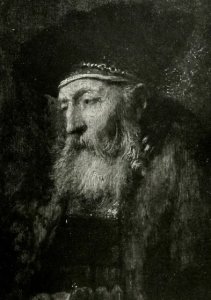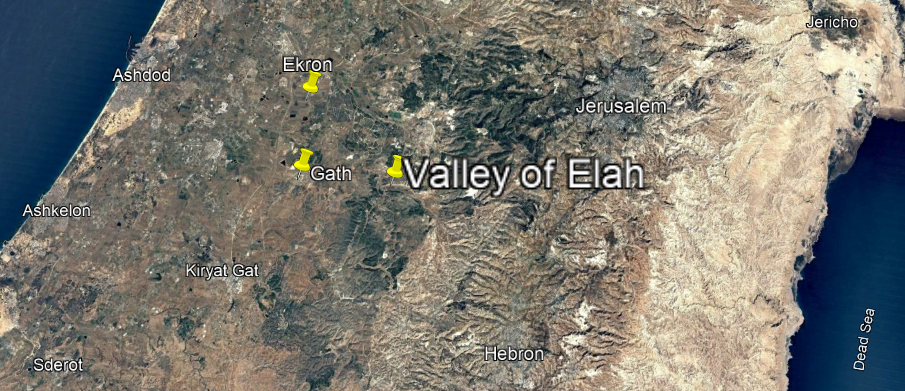
David and Goliath
As many who have followed me for a bit, I have fallen into the Psalms, and I can’t get up! (As if I would want to.) The Psalms are a majestic collection of poetry, of heart felt human experiences that constantly challenge me in my own frail attempt to follow the true King. As many of the Psalms are written by David, my study on the Psalms has spurred me on to looking at the life of David, is the main contributor to this book, and to follow the victories and tragedies of the shepherd King of Israel.
Many times in the narrative, we will see the Lord Jesus, imperfectly, yet a reflection of His spirit in a man with weaknesses.
The passage before us is the set up for the famous chapter telling the story of a young shepherd taking out a giant of an enemy! Even the most unread Christian has heard of the story. It is very familiar to many, but as we venture through, I believe we will see some details and truths that will be a blessing and challenge for us to consider.
50 So David prevailed over the Philistine with a sling and with a stone, and struck the Philistine and killed him. There was no sword in the hand of David.
51 Then David ran and stood over the Philistine and took his sword and drew it out of its sheath and killed him and cut off his head with it. When the Philistines saw that their champion was dead, they fled.
52 And the men of Israel and Judah rose with a shout and pursued the Philistines as far as Gath and the gates of Ekron, so that the wounded Philistines fell on the way from Shaaraim as far as Gath and Ekron.
53 And the people of Israel came back from chasing the Philistines, and they plundered their camp.
54 And David took the head of the Philistine and brought it to Jerusalem, but he put his armor in his tent.
David killed Goliath unconventionally. David spoke of his God unconventionally. David served his enemies unconventionally. Heck – even the name David is unconventional in the Word. There is only one David, and there is only One Jesus. But suffice it to say, I will leave the parallels for my other series called Jesus in the Old Testament.
Everyone used a sword. David used a sling. As soon as that stone hit the mark on Goliath’s head, David took the opportunity and used the giants very own weapon against him. Yes – David knew he didn’t need a sword since he would eventually use Goliath’s. Yes – Goliaths sword was used to cut off Goliath’s head.
He who lived by the sword literally died by his own sword in this instance!

Now as soon as the mighty army of Israel knew it was safe to come out and play, they pursued the frightened Philistine army to Gath and Ekron. This distance is between 6 and 10 miles (as the crow files) and the text speaks of pursuing or chasing. Is it that the mighty army of Israel did no fighting, just chasing? I am no military commander, but when you have an army fleeing, would not this be the time to strike, to decimate the enemy, to take advantage of their fear. Was the army of Israel too tired, too wore out, too emotionally drained to actually fight? I am too sarcastic at times!
It seems the army simply chased them away, only to come back to get things! To plunder an empty camp, to get things. Wow.
As I read the passage one more time, I must correct myself. I assumed it was the army of Israel who chased the Philistine army, but the army of Israel isn’t referred to in this passage. It is the “men of Israel and Judah (v52) and the “people of Israel” (v53) that were active after David killed the giant and sent the Philistine army running. The last time the term “army” was use din the chapter was back in verse 21!
Yes the people came back from chasing the Philistines, only to get stuff, things, possessions. What a tremendous victory for the nation, a stunning revealing of a young warrior, and the people return after a bit of a chase to get things.
David brought the head of Goliath to Jerusalem. He had mastered the enemy and did not take it to his home, so that he could gloat over his victory, but to the capital city of Jerusalem, where the nation turned to for leadership and strength.
In a very real sense, David gave the nation the victory, not only in reality but also in symbology. Goliaths head was a symbol of the strength the victor had over the enemy, and David took it to Jerusalem.
He served the nation and not himself, in that the head of Goliath would represent the victory for the nation of Israel.
I suppose he figgered the “people of Israel” would bring him some of the plunder! (Again with the sarcasm!)
What a comparison between a lowly shepherd boy and the mighty warriors of Israel!
Thanks again for coming to visit. I hope you found something of interest in this post and would appreciate a comment, to begin a discussion. If you know someone this blog may bless (or challenge), send them a link, so they may join us in our discussion.
Come join us at Considering the Bible